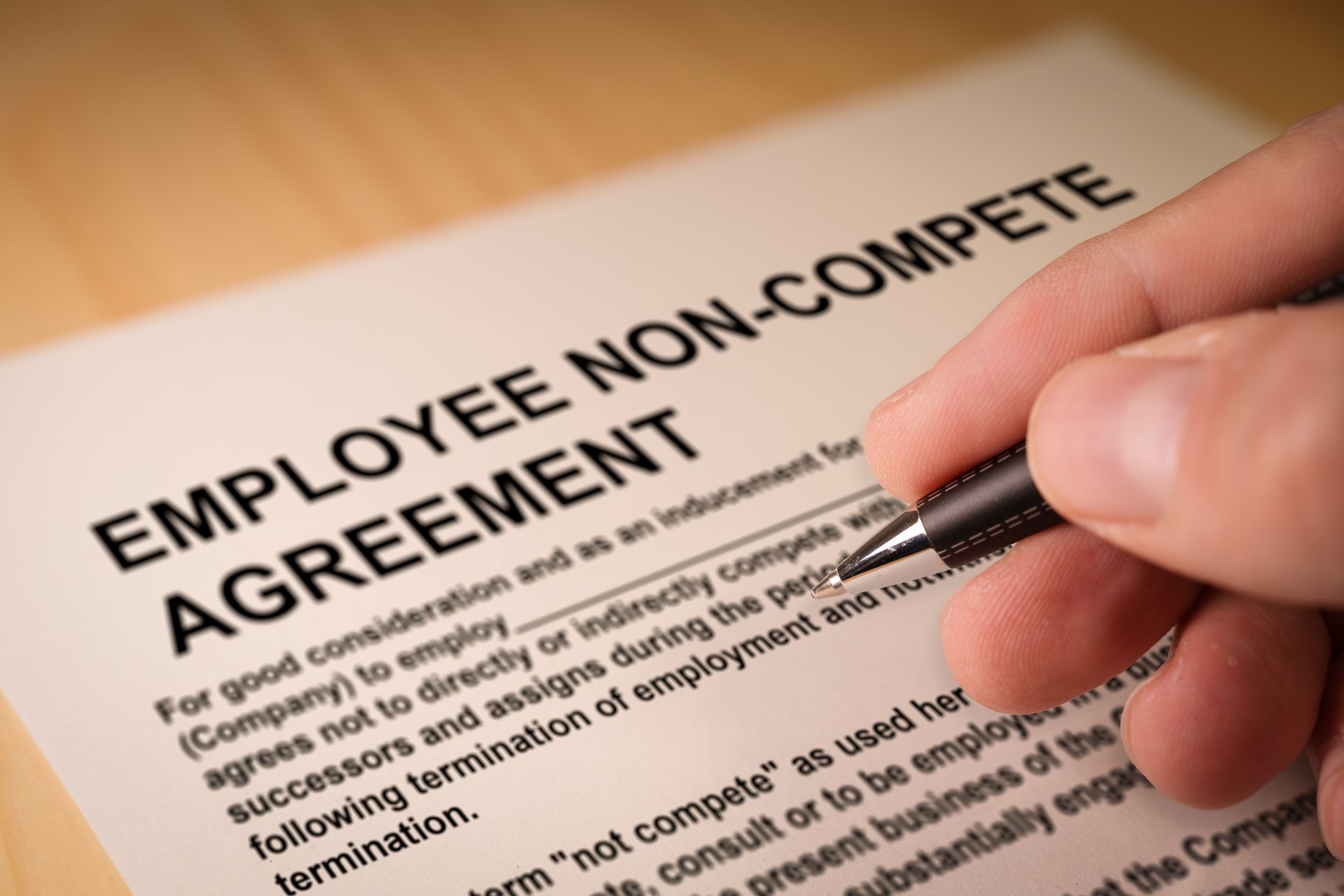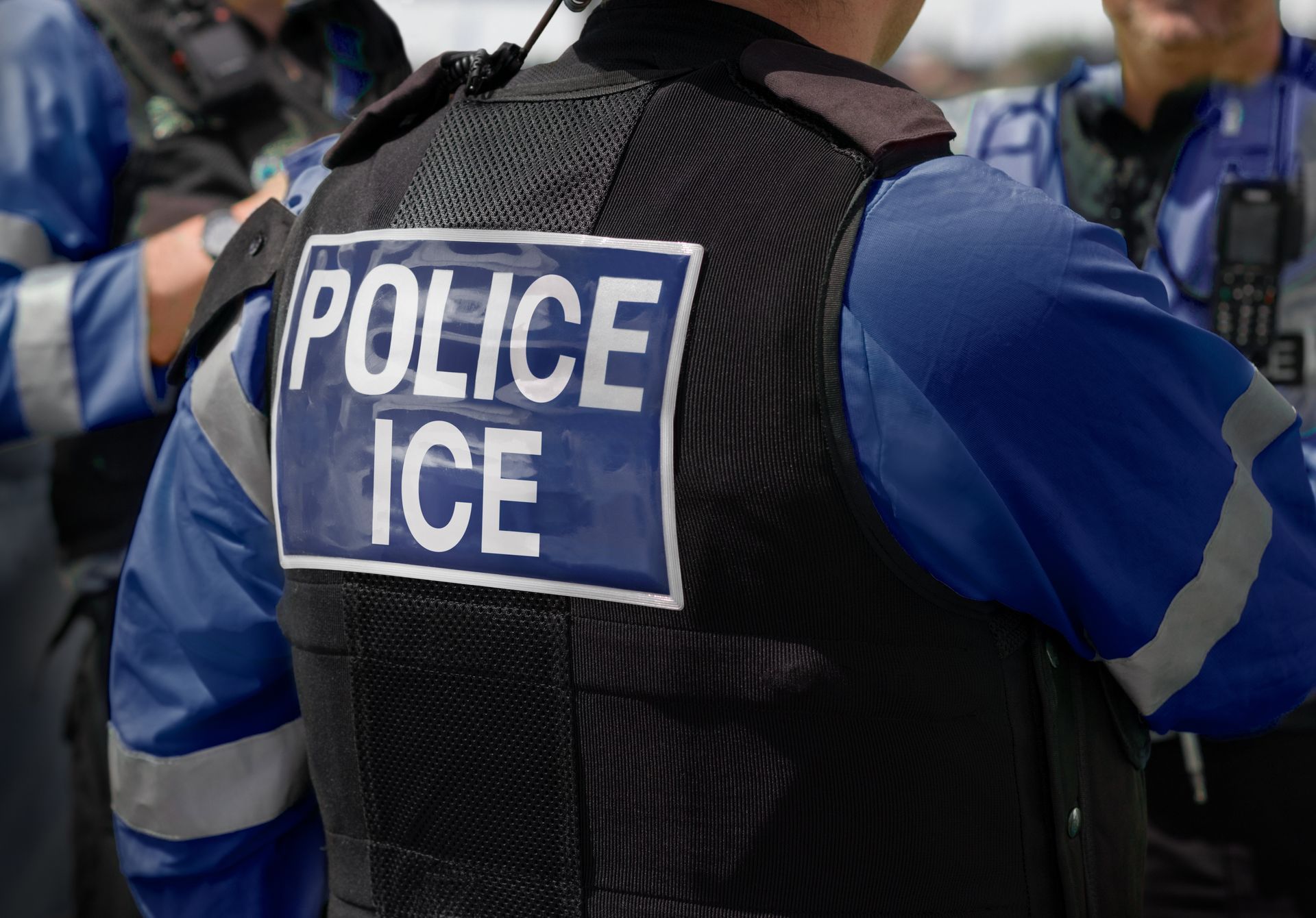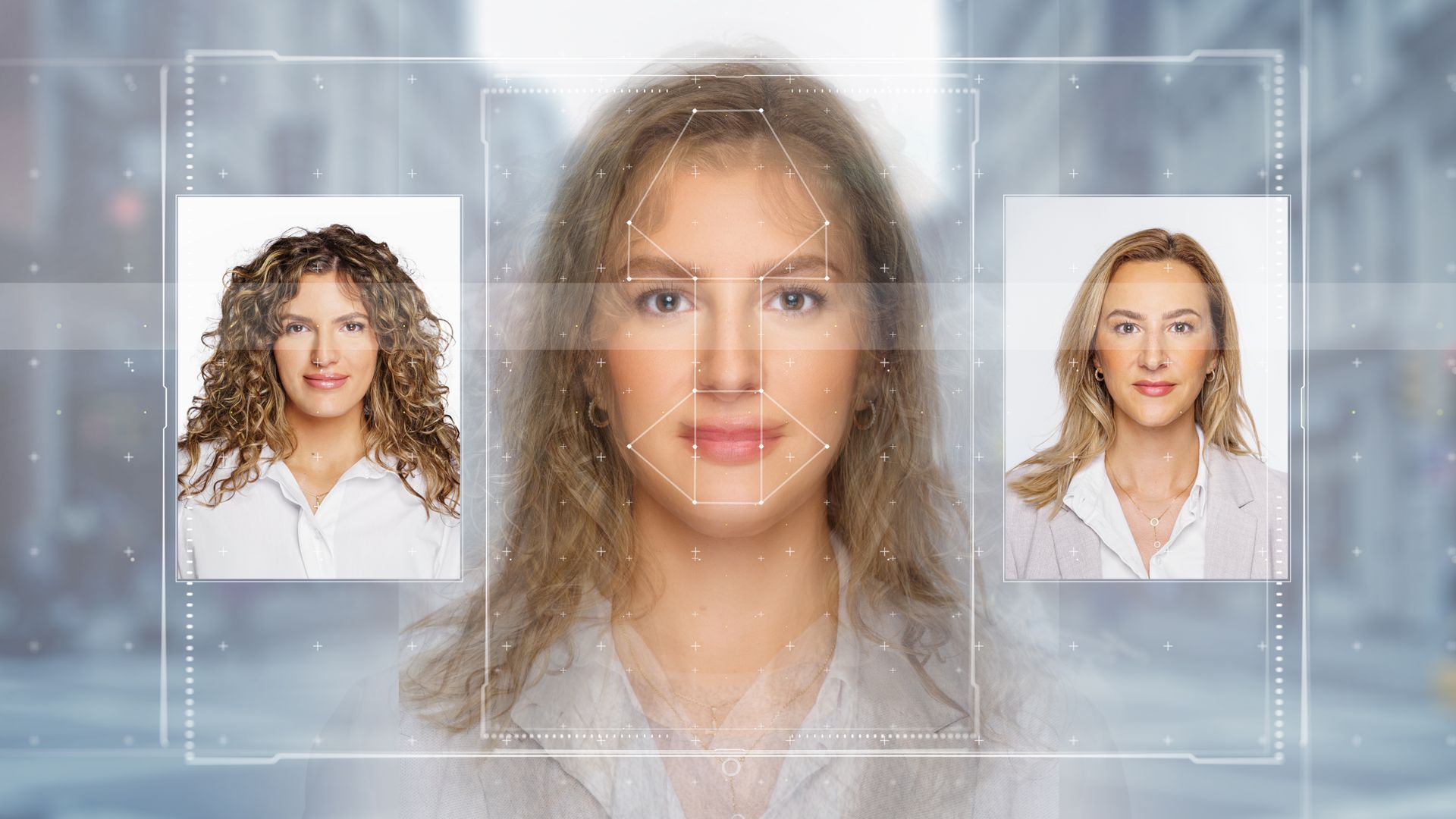
Cryptocurrency has rapidly gained ground in both investment portfolios, but the growth of this digital asset class has also come with a sharp rise in fraud, scams and legal gray areas. In response, Minnesota has begun to build out its legal framework to address consumer protection and regulate emerging cryptocurrency services.
The Rise of Crypto-Related Fraud
Cryptocurrency is known for its decentralized nature, fast transactions, and borderless exchange, but these same features make it highly attractive to scammers. Once a crypto transaction is made, it's typically irreversible. That makes it a favorite tool for scammers impersonating government officials, family members, or tech support, urging victims to buy cryptocurrency and send funds immediately.
Minnesota, like many other states, has seen a growing number of complaints about such scams. A major driver of this trend has been the proliferation of cryptocurrency ATMs (also known as kiosks) in gas stations, convenience stores, and shopping centers. These machines allow users to purchase cryptocurrency with cash, often with little to no identity verification.
Scammers take advantage of this loophole by guiding victims, many of them seniors, through the process of inserting cash into a machine to purchase Bitcoin, then sending it to the scammer’s wallet address. The process is fast, anonymous and nearly impossible to reverse.
Minnesota’s First-in-the-Nation Crypto ATM Regulation (Effective August 1, 2024)
In response to these growing concerns, Minnesota passed a groundbreaking consumer protection law that went into effect on August 1, 2024. It is the first law of its kind in the United States to specifically regulate cryptocurrency ATM operators at the state level.
Key provisions of the law include:
- Registration Requirement: All crypto ATM operators must register with the Minnesota Department of Commerce.
- Fee and Exchange Rate Disclosure: Operators are now required to clearly disclose all transaction fees and exchange rates before completing a transaction.
- Daily Transaction Limits: To reduce the risk of high-dollar fraud, users are subject to a capped daily transaction limit unless stricter identity verification procedures are followed.
- Fraud Warnings: Machines must display visible warnings about common scams, such as impersonation or emergency requests involving cryptocurrency transfers.
- Data Retention: Operators must retain transaction records to assist law enforcement in investigations.
This law aims to bring basic financial safeguards to what had been a loosely regulated part of the cryptocurrency ecosystem. It aligns crypto ATM operations more closely with traditional banking ATMs in terms of consumer transparency and regulatory oversight.
Current Legal Tools for Crypto Fraud and Theft
When a scammer uses deception to convince someone to send cryptocurrency, that may qualify as criminal fraud under Minnesota Statutes, even if the currency was sent willingly. Civil claims may also be brought if a business or individual negligently handled a crypto transaction or failed to disclose material risks.
However, recovering lost funds is still challenging. Crypto is often sent overseas or transferred through multiple wallets to obscure its origin. Quick action and strong documentation, including receipts, screenshots, communications, and timestamps, can help law enforcement build a case or assist a civil attorney in pursuing damages.
New Minnesota Bitcoin Law Proposed in 2025
Alongside real consumer protection laws, other cryptocurrency-related legislation has been proposed in Minnesota with a broader scope. One example is SF 2661, which would allow residents to make certain state payments using cryptocurrency, enable the State Board of Investment to invest in digital assets, and amend various tax codes to address crypto income.
Lawmakers in other states have proposed and in some cases passed similar legislation, but intertwining state money with volatile cryptocurrencies remains a highly controversial issue.
Protecting Yourself as a Consumer
Cryptocurrency continues to evolve faster than most regulatory frameworks. People using crypto for personal finance, investments, or business should be taking steps to reduce their fraud risk:
- Only use trusted, well-reviewed crypto exchanges or wallets.
- Be wary of anyone urging you to send crypto quickly, especially for emergencies, fines, or tech support.
- Never share wallet passwords, keys, or recovery phrases.
- Understand that crypto transactions are not reversible and may not carry the same protections as bank or credit card transactions.
If you believe you’ve been the victim of a scam, report it immediately to the Minnesota Department of Commerce and your local law enforcement. The sooner you act, the more options you may have to protect yourself and possibly recover some of your funds.
Get Legal Help If You've Been Affected by Crypto Fraud in Minneapolis
The Minnesota Lawyer Referral and Information Service can connect you with a qualified attorney who understands financial law, consumer protection, and cryptocurrency regulations.
Contact us at (612) 752-6699 if you’d like assistance finding a lawyer who can provide guidance on recovering stolen funds or options on next steps after being the victim of fraud.




